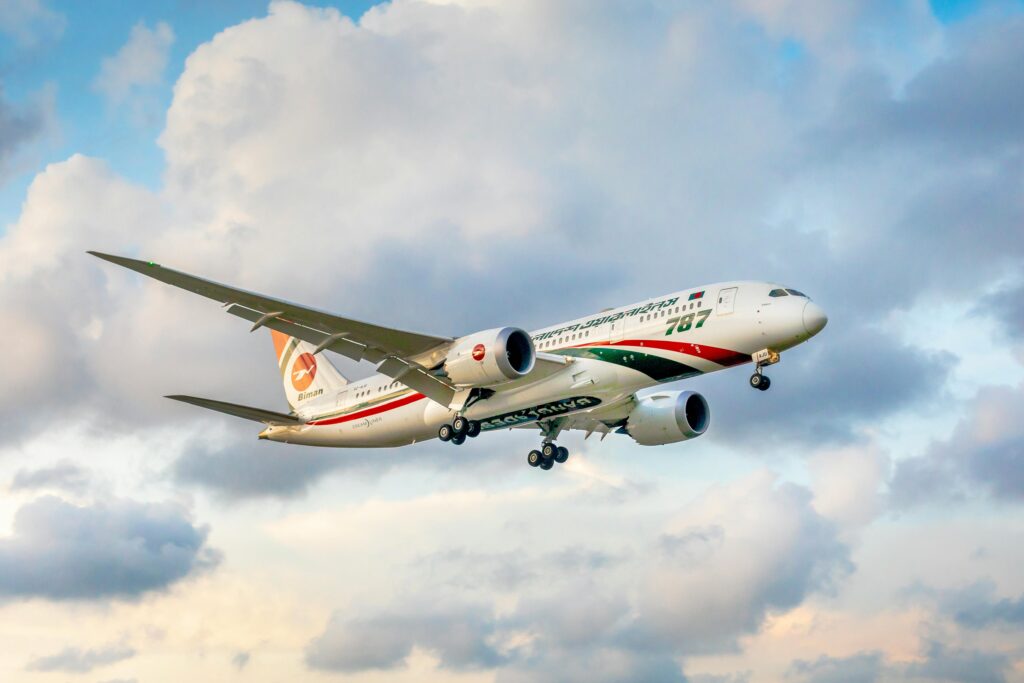Airbus has officially delayed its ambitious plans for hydrogen-powered aircraft due to a shortage of green hydrogen supply. Originally aiming to introduce a commercially viable hydrogen-fueled plane by 2035, the company has now admitted that this timeline is no longer achievable.
Challenges in Hydrogen Technology Development
The Force Ouvrière union, representing a portion of Airbus’ workforce, revealed that employees were recently informed about the delay in the development of hydrogen technology. According to the union, key technologies are five to ten years behind the initially expected pace. Although Airbus still views hydrogen as a transformative force for aviation, the company acknowledges that challenges in establishing the required infrastructure for production, distribution, and regulatory approval remain significant obstacles.
The shortfall in green hydrogen supply, which is produced using renewable energy sources, has hindered the company’s progress. Airbus had been betting on the widespread availability of green hydrogen as a fuel source to make hydrogen-powered aircraft a reality. However, the slow pace of production and distribution capacity has made this goal seem increasingly out of reach.
Cutbacks in Research and Testing
Airbus has responded to these challenges by scaling back its research and development efforts in hydrogen aviation. The company has decided to reduce its R&D budget for hydrogen-powered aircraft by 25%. Additionally, several scheduled tests have been postponed as part of these cutbacks. Despite these setbacks, Airbus has reiterated its long-term commitment to hydrogen technology as a sustainable solution for aviation.
However, this delay represents a significant challenge for Airbus, which has positioned itself as a leader in the push toward environmentally friendly aviation technologies. The aviation industry as a whole has set a target of carbon neutrality by 2050. But with key developments still lagging behind expectations, many industry experts have raised concerns about the feasibility of this ambitious target. Other sustainable fuel alternatives face similar hurdles in terms of production capacity and cost-effectiveness.
The Uncertain Role of Hydrogen in Aviation’s Future
The International Air Transport Association (IATA) has expressed skepticism about hydrogen’s potential to meet aviation’s climate goals. IATA predicts that hydrogen will play only a limited role in the sector by the mid-century. Airbus’ delay and the lack of enthusiasm from its U.S. competitor Boeing regarding hydrogen technology further point to a distant future for hydrogen-powered commercial flights.
Initially, Airbus had aimed to develop a smaller regional aircraft capable of seating around 100 passengers. This contrasts with the capacity of existing models such as the Airbus A320neo and Boeing 737, which can seat roughly 180 passengers and cover much longer ranges. Given the current technological and logistical hurdles surrounding hydrogen-powered aviation, the realization of these aircraft remains far off. At this point, no revised timeline has been provided.
While the delay in Airbus’ hydrogen strategy is a setback, it underscores the challenges the aviation industry faces in the transition to sustainable fuel alternatives. The lack of sufficient green hydrogen supply, coupled with the complexities of large-scale production and infrastructure, means that the hydrogen-powered aviation revolution is still in its early stages.
As the world shifts toward carbon-neutral technologies, other sustainable solutions, including biofuels and electric propulsion, may take the lead in the near term. However, hydrogen remains a key area of focus for the industry, and its future may still hold promise. For now, though, aviation’s greener future seems uncertain, with the necessary technological advancements far from complete.
